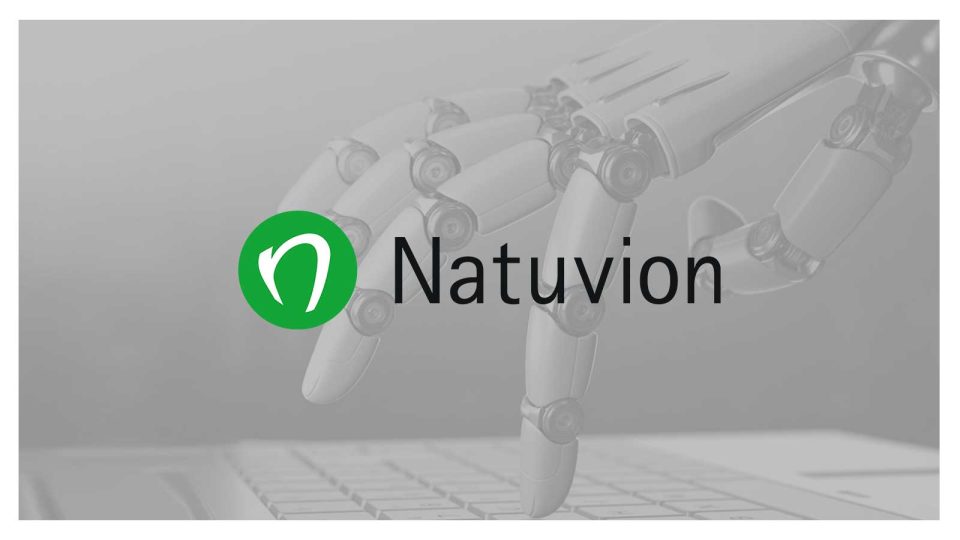-
Companies under pressure: Organizational adjustments are the main driver of IT transformations worldwide (36%). Sustainability is a key transformation motive for only 15%.
-
During the transformation process, companies particularly underestimate communication between departments and divisions (39%) and the adequate provision of resources (30%).
-
German companies are in third place when it comes to preparing their IT for the integration of future-oriented technologies (e.g. AI). Pioneers are Switzerland (47%) and the USA (43%).
Technological progress, new consumer habits and global developments are forcing companies to constantly adapt their IT systems. The fact that such projects are usually more complex and time-consuming than expected is demonstrated by the latest figures from the International Transformation Study 2024, which is conducted annually by the internationally operating SAP consulting company NTT DATA Business Solutions AG together with IT service provider Natuvion GmbH. The study provides descriptive insights into the IT transformation practices of companies with the aim of providing managers with a compass for future projects. More than 1,200 CEOs, CIOs and IT decision-makers from a total of 15 countries were surveyed on ongoing or completed transformation projects.
Also Read: Importance of Data Protection in Cybersecurity
Pressure to adapt to technology is increasing worldwide
Technological developments and the pressure on the economy to adapt are putting companies under pressure. At 36%, companies cite organizational adjustments (restructuring) as the most common reason for an IT transformation. In the automotive industry, which is undergoing a massive upheaval due to the switch to electromobility in particular, restructuring even tops the list of motives for transformation at 48%. The booming life sciences sector is doing similarly. Here, too, organizational adjustments came first with 38%.
Immediately after this, respondents across all participating countries chose the introduction of new technologies such as artificial intelligence as the second most common transformation motive with 27%. In a comparison of countries, Switzerland and the USA lead the table of pioneers with 47% and 43% respectively. German companies are in third place: 37% of them stated that they had started their IT transformation in order to introduce modern technologies such as AI.
Growing demand for transformation expertise
A key finding of the Transformation Study 2024 is that companies often underestimate the challenges of their IT transformation – above all the organization of communication between departments and divisions (39%) during the process. The lack of existing transformation knowledge in companies (33%) and the difficulty of conducting a detailed analysis of the existing IT landscape and data (29%) are also particularly striking. In direct comparison to the previous year, the number of those who identified a lack of transformation expertise in their own company even increased by 5%. More than a third of all respondents therefore rated the option of engaging external consultants at an early stage and thus closing the existing skills gap as the second most important organizational measure for the successful implementation of their transformation project.
“The study clearly shows that a lack of expertise and a shortage of skilled workers are the main factors slowing down the transformation of companies. However, innovative and efficient IT is crucial in order to remain competitive,” explains Norbert Rotter, CEO of NTT DATA Business Solutions AG and EVP of NTT DATA, Inc. “The strategic management of transformation projects is therefore becoming increasingly relevant for companies worldwide. We involve managers and employees in the change process at an early stage and use our 35 years of expertise to ensure that our customers achieve their transformation goals on time and within budget.”
Also Read: Tata Communications Hosted SASE Redefines Next-gen Networking & Security
More data protection and cloud applications
For around a quarter of respondents, the integration of modern technologies such as artificial intelligence is already the primary reason for their IT transformation. If we restrict the range of respondents to representatives of top management, it becomes clear that data protection was rated even more important than AI. A full 44% of board members and managing directors state that data protection was a particularly important driver of their transformation.
The trend of moving applications to cloud platforms also continues unabated. Around 56% of companies state that they are using more cloud services as part of their transformation. In all countries surveyed, greater flexibility and faster customization options are the main reasons for cloud use (39%). Other reasons for increased cloud use include the acceleration of business processes (38%) and, once again, faster and easier access to technical innovations such as automation (37%). Better scalability (16%) and greater data security (13%) are also of key importance for cloud use.
Patrick Dahse, Managing Director of Natuvion GmbH, which has been part of NTT DATA Business Solutions since August 2022, emphasizes the central importance of data quality for transformation projects: “Good data has always been the basis and fuel for innovative processes and in the age of AI, its importance continues to increase. The study results confirm this and show that Only those who keep their data in the appropriate quality, harmonized and centrally available will be able to make optimal use of the blessings of technical developments in the future.”
[To share your insights with us as part of editorial or sponsored content, please write to psen@itechseries.com]


